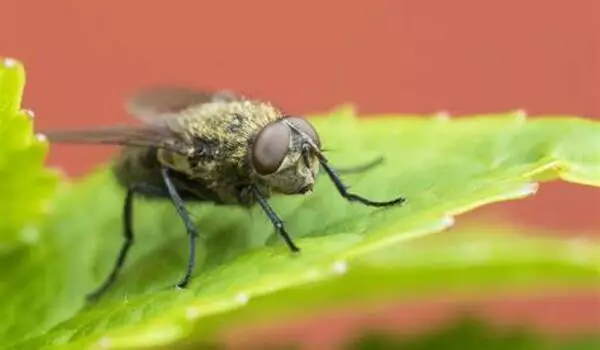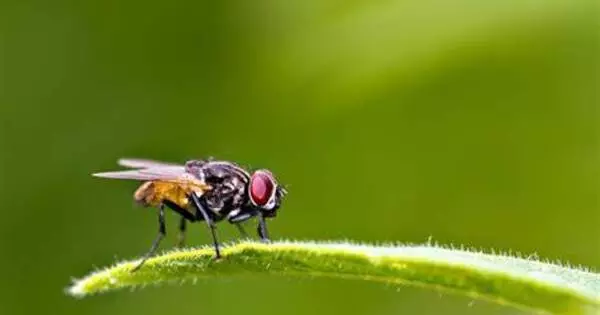Putting even elderly, obese flies on a low-calorie diet significantly increases their lifespan, implying that cutting calories may have similar benefits for obese humans, even at an advanced age. When old, obese flies are put on a diet, they become healthier and live longer, according to University of Connecticut researchers who published their findings in PNAS. If the effect is replicated in humans, it would imply that it is never too late for obese people to improve their health through diet.
Eating too much is associated with getting older and being obese for far too many of us. Obesity is defined differently by different health organizations, but it is all defined as having too much body fat and is linked to a variety of metabolic diseases such as heart disease and diabetes. Many animal studies have shown that eating less – that is, restricting calories without becoming malnourished – increases lifespan. While human trials have shown evidence of the health benefits of eating less, particularly in healthy obese people, studies examining the effects on lifespan have been unrealistic for humans.
Fruit flies fed a high-sugar, high-protein, high-calorie diet that mimics the processed modern diet have metabolic changes similar to obese humans, according to UConn School of Medicine researchers. Even late in life, switching these obese flies to a low-calorie diet can dramatically change their metabolisms and extend their lives.
Our studies were performed in flies aged on a high-calorie diet, akin to obese individuals, suggesting that a late-life diet shift in obese humans might have a remarkable beneficial impact on health.
Blanka Rogina
Fruit flies have a short and fast lifespan; flies raised on a high-calorie diet live for less than 80 days, while those raised on a low-calorie diet can live for 120 days. Researchers led by geneticist Blanka Rogina from UConn’s Department of Genetics and Genome Sciences and the Institute for Systems Genomics raised several batches of fruit flies to see if changes in diet late in life can affect a fly’s lifespan. Some of the flies were raised on a low-calorie diet that provided half the energy of a regular diet, while others were raised on a high-calorie diet that provided three times the usual number of calories.
In this study, they looked specifically at male flies. Young flies switched from a high-calorie to a low-calorie diet at 20 days old lived very long lives, similar to the flies fed a low-calorie diet from day one.

The researchers were surprised to discover that switching the flies’ diet to a low-calorie diet remained a reliable way to extend lifespan even in old flies in poor health. Older insects fed a high-calorie diet had more lipids in their bodies and expended more energy defending themselves against reactive oxygen species. They also died at a higher rate than flies fed a low-calorie diet. When the surviving high-calorie flies were switched to a low-calorie diet after 50 or 60 days (when the majority of the high-calorie flies had already died), their metabolisms changed, their death rate dropped, and their lifespans increased.
“Our studies were performed in flies aged on a high calorie diet, akin to obese individuals, suggesting that late-life diet shift in obese humans might have remarkable beneficial impact on health,” Rogina says.
UConn School of Medicine Genetics and Genome Sciences Chair Brent Graveley and other researchers on the team looked at the genes expressed by the high calorie flies and contrasted them with the low calorie flies. Genes that control physiological and metabolic adaptation are different between the groups.
“The remarkable finding of this study is that even after living a significant portion of their lives on a high calorie diet, flies can gain the benefits of life span extension by simply switching to a low calorie diet,” Graveley says in a press release.
The findings show that even in old age, flies’ metabolisms can adapt to a change in diet. Because many basic metabolic pathways in fruit flies are shared with humans, this study suggests that human metabolism may respond similarly, and people who consume a high calorie diet may benefit from reducing their calorie intake in old age. The scientists are currently analyzing data from female fruit flies to see if there are any gender differences in response to diet changes.














